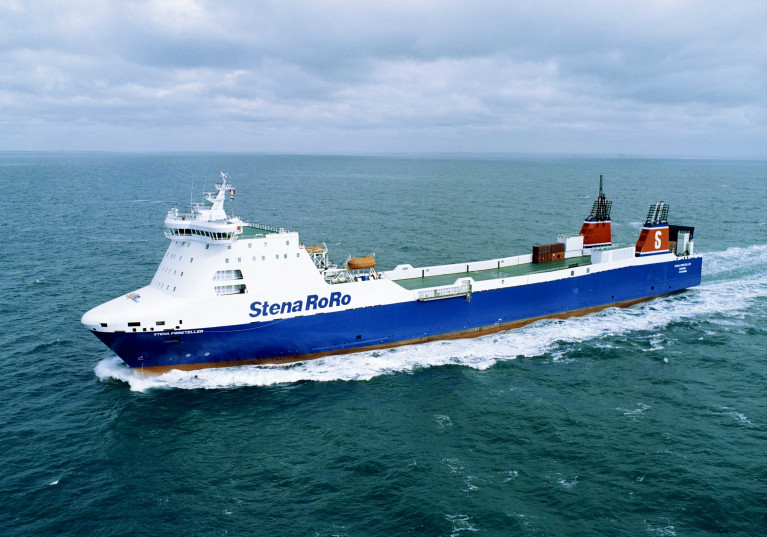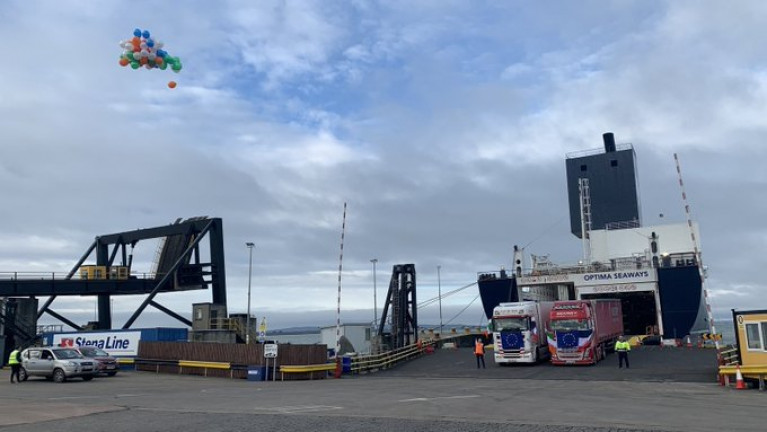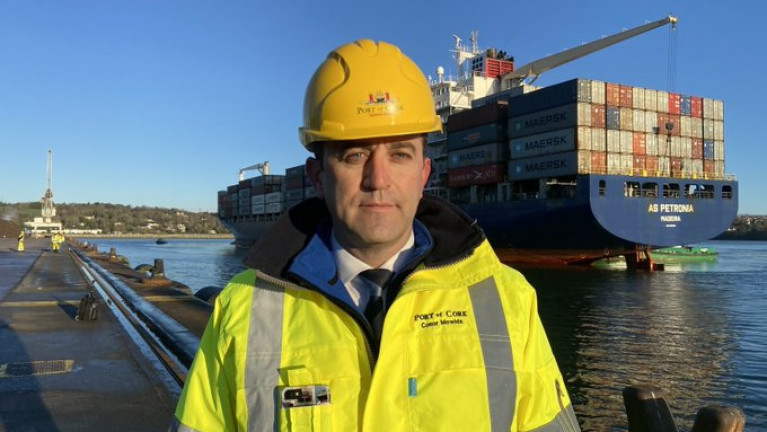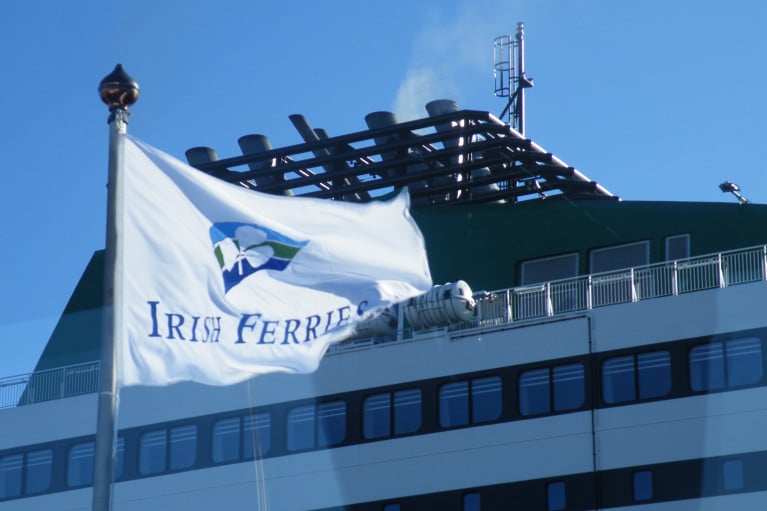Displaying items by tag: Brexit Boost
Boost in Freight Capacity As Stena Line Add Larger Ship on Belfast-Birkenhead (Liverpool) Route
Ferry company Stena Line has once again realigned its NI freight services to better reflect market demand created by Brexit related trade distortions.
To accommodate this change in demand, the operator has redeployed its larger Stena Foreteller ship to the popular Belfast-Birkenhead (Liverpool) route adding a much needed additional 13% freight capacity.
Freight routes between Britain and ROI have witnessed a decline of up to 25% whilst trade routes into Northern Ireland from Britain have seen month on month increases caused in the main by the impact of Brexit.
Paul Grant, Stena Line Trade Director (Irish Sea) commented: “We are seeing a prolonged distortion of the market in terms of the preferred freight routes between Britain and the island of Ireland. This presents an ongoing challenge for the entire logistics industry to keep pace with shifting demand and preferences.
“As the largest ferry network operator on the Irish Sea, providing ten ships and five routes between Britain and the island of Ireland, Stena Line is uniquely placed to respond quickly to changing customer demands which is why we have redeployed the Stena Foreteller to operate on the Belfast-Liverpool service. We now have seven ships dedicated to our Belfast hub.”
Paul Grant added: “The popularity of the Belfast-Liverpool freight service continues to grow which is why we took the decision two years ago to invest in the route by increasing capacity (at the time) by 25% with the introduction of two brand new e-Flexer vessels. Despite that upweighting, demand still continues to grow hence our recent additional capacity adjustment in the form of Stena Foreteller"
"It remains to be seen to what extent the current market distortions will become a permanent feature of trade between Britain and the island of Ireland but from Stena Line’s perspective, we will continue to listen to our customers and provide our freight capacity to where it is most needed.”
Ferry Freight Traffic in January Up 45% at Rosslare Europort & Freight to Europe Up 446% Year-on-Year
Ferry services running out of Rosslare Europort has reported a 45% jump in freight traffic during January compared to the same period last year.
UK traffic is down 49% for the month, but European freight is up by 446% year-on-year, with "unprecedented demand" for the new direct services which opened up since 1 January between Rosslare and the mainland continent.
Hauliers have been using the services between Rosslare and Dunkirk and Cherbourg in France to avoid the UK landbridge, now that the post-Brexit fallout means extra customs and other checks for traffic entering and exiting the EU.
Meanwhile, the new regime requiring hauliers leaving Ireland for France to produce evidence of a negative Covid-19 test result is reported to be going relatively smoothly.
The first pop-up test centres for commercial drivers only opened in Gorey and Dublin on Thursday, with further "drive-through" centres since opened in Cork and Shannon, and another for truckers due to open at Holmestown outside Wexford town in the coming days.
More here reports RTE News on this record traffic development at Ireland's closest port to mainland Europe.
Port of Cork Sees Increase in Container Traffic Ready for Brexit Bounce
At the Port of Cork there has seen a 10% increase in container traffic in the past six weeks.
With a new €86m container terminal due to be commissioned in Ringaskiddy later this year, the port company said it is preparing for a Brexit bounce, with direct services to the continent already expanding.
Cork is a Tier 1 port of national significance, along with Dublin Port and Shannon Foynes.
It is responsible for between 15% and 20% of the overall tonnage that passes through Irish ports and handles an average of 10m tonnes of cargo every year.
Brexit had presented as a threat, but thanks to direct services to the continent, such as the twice-weekly CLdN service between Cork and Zeebrugge, container volumes are up 10% over the past six weeks on this time last year.
CLdN introduced its direct Cork-Zeebrugge service last May The company said "booming demand" has led to the introduction of a second weekly call on the service.
More from RTE News here.
Ferry Operator Among Irish and UK stocks Poised to Climb after Brexit Trade Deal Signed
Stock markets in Ireland and the UK are expected to jump this morning on the first day of trading since the Christmas Eve post-Brexit trade deal was secured.
They will also get a boost after US President Donald Trump finally signed off on a $2.3tn (€1.88tn) pandemic aid and spending package.
Germany’s DAX hit a record high in early trading yesterday, spurred by optimism over the trade deal, while other bourses including those in Spain, Italy, France all showed gains.
A number of Irish-listed companies including Irish Ferries owner Irish Continental Group (see shipping container division story), CRH, Smurfit Kappa, DCC, UDG Healthcare and Kingspan will be among those likely to get a lift this morning.
Dublin and London markets were among the only ones closed in Europe yesterday.
For more regards impact of Brexit and US markets, Independent.ie reports here.




























































